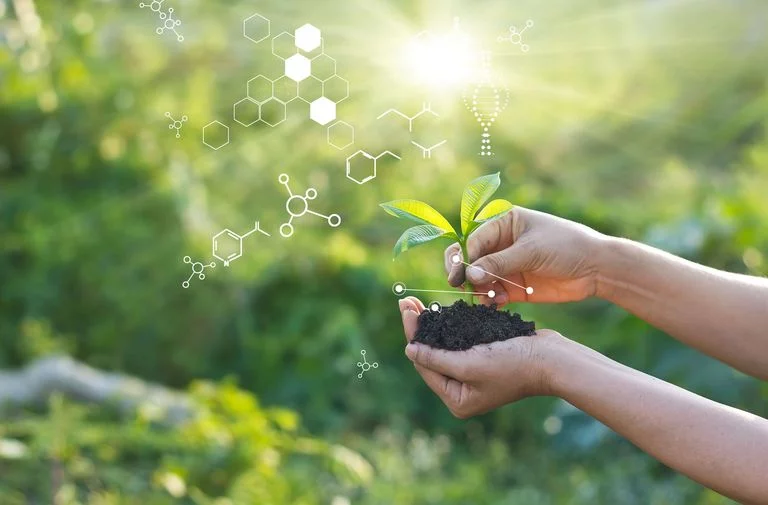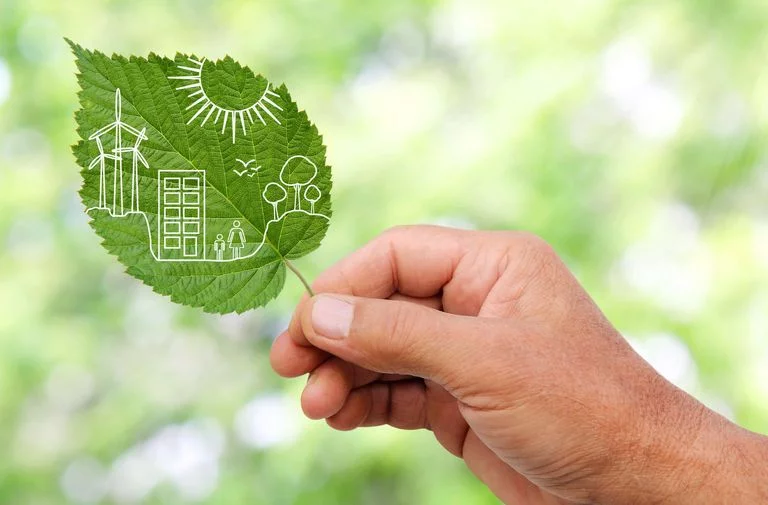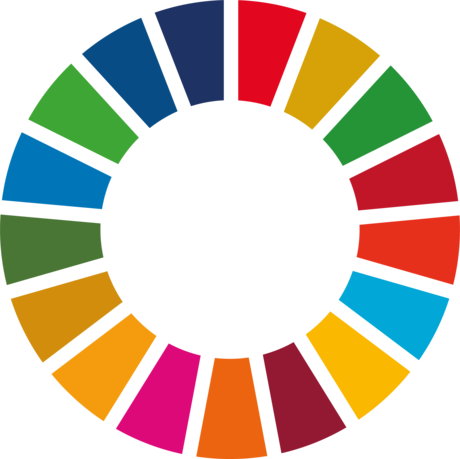
TIGER’s Sustainable Development Goals
TIGER is working intensively on ideas and ways to integrate sustainability into all of the company's activities. This is based on the United Nations Sustainable Development Goals (SDGs). The 17 goals for a sustainable future on planet Earth were signed by the UN member states and are to be implemented globally on an economic, ecological and social level by 2030.
The SDGs apply to all nations, peoples and parts of society and essentially aim to end poverty, hunger and inequality, promote people's self-determination, prosperity and gender equality and ensure a good, healthy life for all.
It is difficult to work on all 17 goals at the same time. We have therefore launched an extensive stakeholder dialog to identify the most important SDGs for our GREEN TIGER initiative together with all TIGERs, our suppliers, customers and former interns. After evaluating the responses, we were able to define six sustainability goals that we want to pay particular attention to in the coming years:
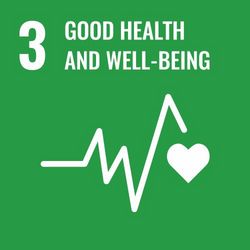
Health and well-being
Holistic occupational health management, culture of trust and appreciation of employees, occupational health and safety in the supply chain.
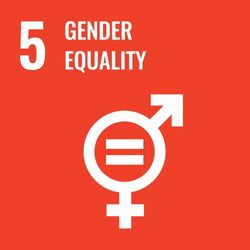
Gender equality
High female quota, especially in management positions, part-time models and flexible working hours, raising awareness of diversity issues, equal treatment and equal opportunities in the supply chain
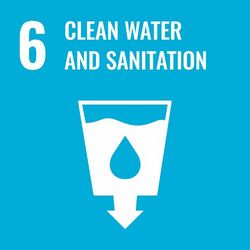
Clean water and sanitation
Avoidance of harmful chemicals, use of rainwater for production and sanitary facilities, careful use of water in the supply chain, promotion of well construction projects
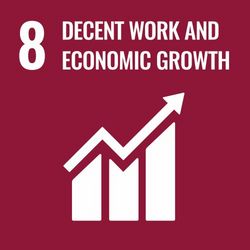
Humane work and economic growth
Holistic sustainability strategy, increasing the future viability of the company, working in partnership with suppliers, promoting sustainable consumption.
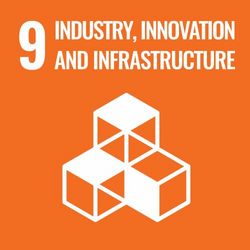
Industry, innovation and infrastructure
Production close to the site, environmentally friendly mobility concept, innovation through internal idea management, support for suppliers in operational environmental protection.
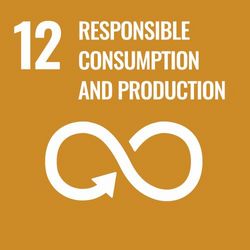
Sustainable consumption and production
Promotion of the circular economy, environmentally conscious choice of materials and packaging, production of durable products, transparent product communication.


